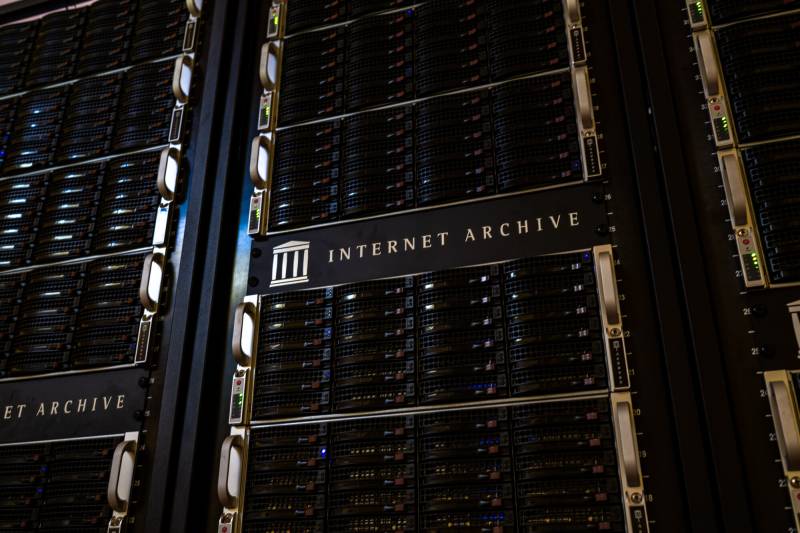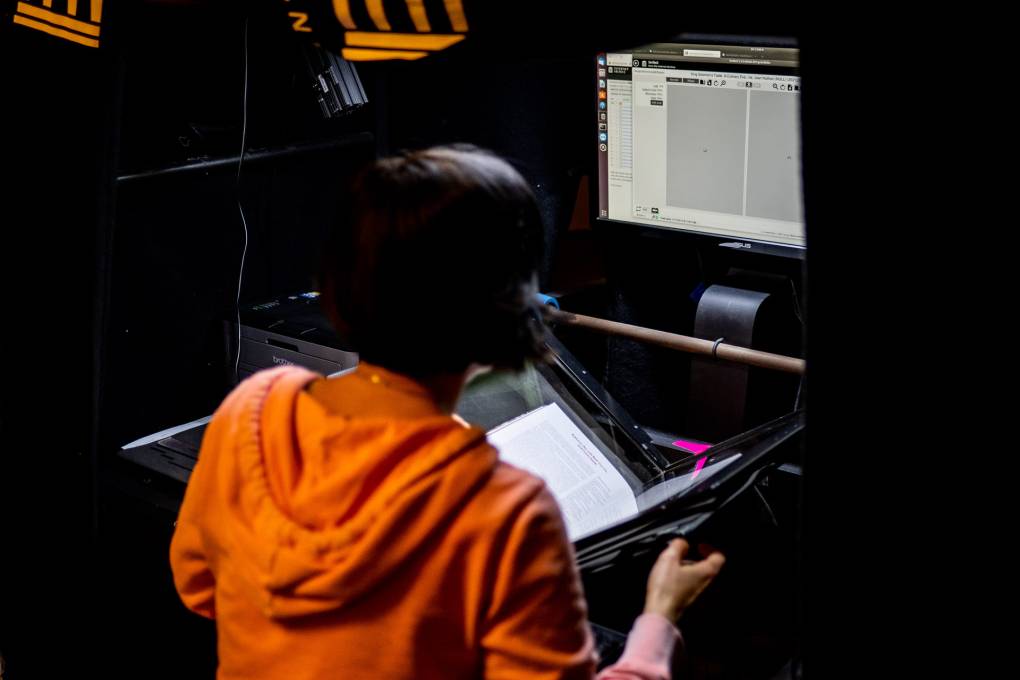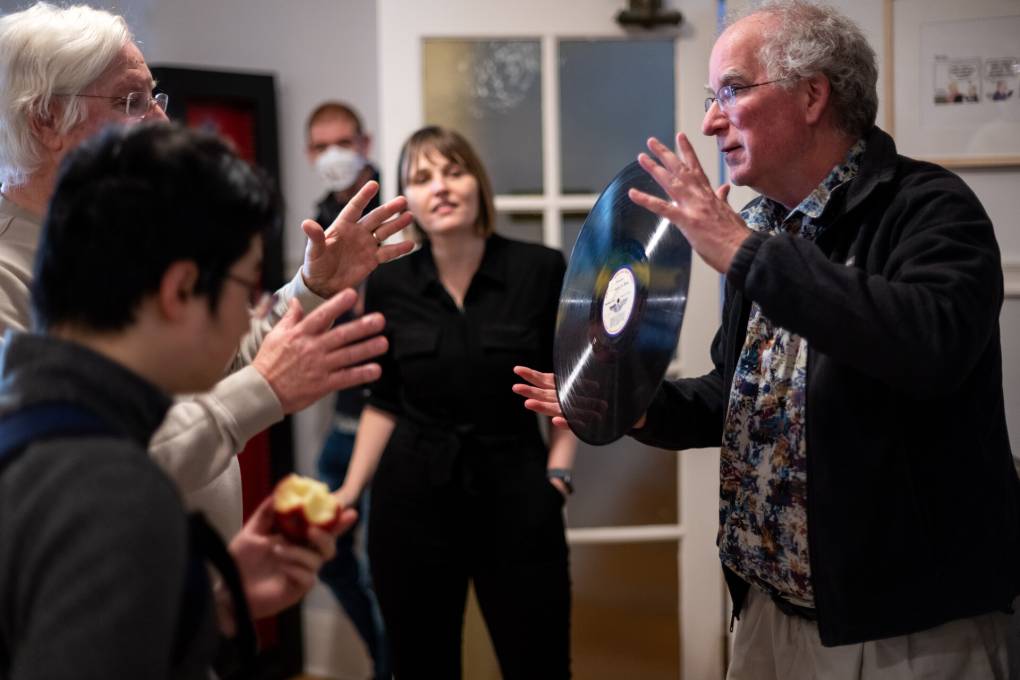Attorneys representing the Internet Archive are determining their next steps to try to save the website’s free e-book lending program after an appeals court recently upheld an earlier ruling that it violated copyright laws.
Four major publishers sued the San Francisco-based Archive in 2020 when the website temporarily removed waitlists so more than one person at a time could borrow an e-book in its collection during the pandemic. The publishers — Hachette Book Group, HarperCollins Publishers, John Wiley & Sons and Penguin Random House — alleged that by doing so, the Archive illegally offered free e-books, including famous works by authors such as Sylvia Plath and Toni Morrison.
The Internet Archive later reinstated its waitlists and returned to its one-to-one book rental model, known as “controlled digital lending,” where a library owns a book, scans it digitally and loans the digital copy to one user at a time. The Archive owns physical copies of all of the books it lends digitally, stored in a warehouse in Richmond, California. Since the lawsuit started, however, it has had to remove more than 500,000 titles online.
Now that the court has sided with the publishers in the appeal case, the Internet Archive is determining what direction the fight might go next.
“We are reviewing the court’s opinion and will continue to defend the rights of libraries to own, lend, and preserve books,” Chris Freeland, director of library services at the Internet Archive, wrote online in response to the opinion.



